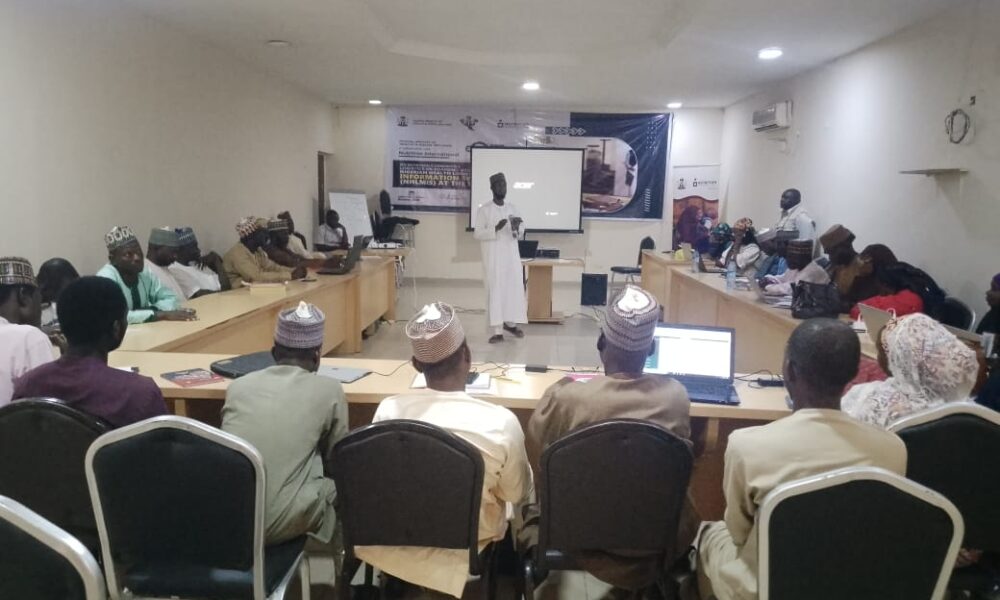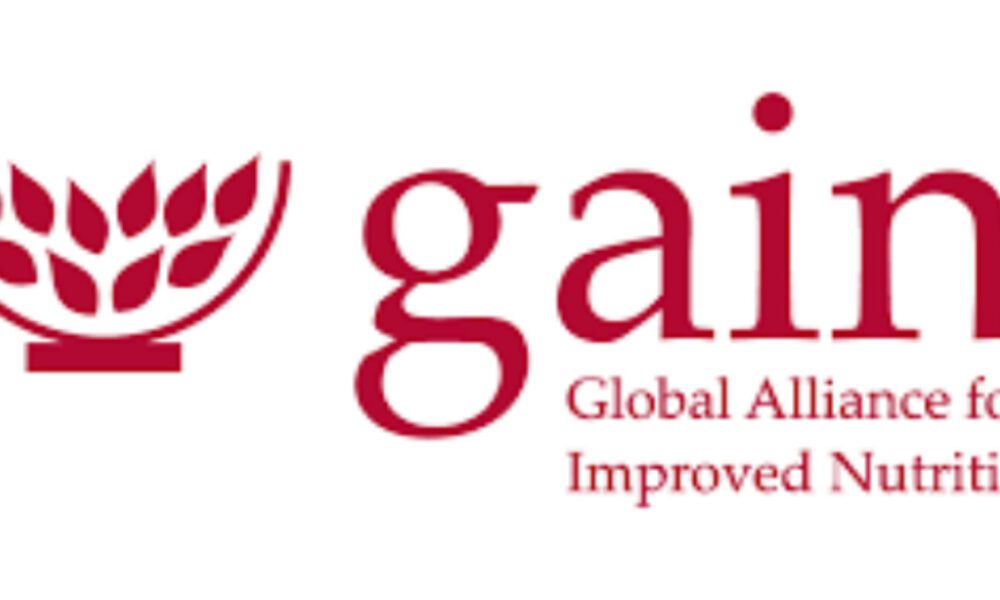***decries 262,000 annual deaths of babies, 50,000 mortality rate
The Nigeria Association of small and medium scale enterprises (NASME) has raised concern over the recent mind boggling data that showed that 100 million Nigerians are faced with food insecurity, with a significant gap in nutrition affecting 7.3 million women.
This was as Stakeholders who gathered on Thursday in Abuja at the 2024 Enterprise Support Organisation (ESOs) for Nutrition also expressed similar fear over its ripple effect on mothers and their babies.
Speaking as one of the panelists to discuss the issue the chairman of the Plateau State chapter of NASME Olu Awolowo said the bigger challenge is the ripple effect from the crisis that included, over 24,000 daily births being threatened due to undernourished mothers, 46 million women of childbearing age at risk and 262,000 annual deaths of babies as well as 50,000 annual deaths of women.

“Undernourished mothers are more likely to experience poor pregnancy outcomes, including low birth weight, birth defects, and other complications.
“This crisis demands immediate attention and action to address the nutritional needs of vulnerable populations, particularly women and children.
The situation he said highlights the need for sustainable solutions to ensure food security and nutrition for all Nigerians, particularly the most vulnerable groups.
Representative of the Global Alliance for Improved Nutrition (GAIN) Dr. Michael Ojo, said the crucial gathering is dedicated to exploring and improving the role of Enterprise Support Organisations (ESOs) in transforming our food systems.
He indicated that the ESOs for Nutrition have provided a platform for engaging critical stakeholders across and beyond the nutritious food supply chain in Sub-Saharan Africa.
Continuing he said the objective is to empower ESOs to effectively integrate nutrition-focused strategies into their support for SMEs, thereby increasing the availability, affordability, and desirability of safe and nutritious foods in underserved markets.
Dr. Ojo underscored the essential contributions of ESOs in addressing the complexities of Nigeria’s food systems, which are increasingly under pressure from factors such as climate change, economic instability, and rapid population growth.
“ESOs are the bridge that connects nutritious food MSMEs with the resources, knowledge, and networks they need to grow and scale,” Dr. Ojo stated. He highlighted that these organizations are vital in building the capacity of MSMEs through training, improving operational efficiency, and fostering innovation.
The GAIN representative also pointed out that many MSMEs struggle to access finance and new markets, areas where ESOs have made significant strides by linking these enterprises with investors and helping them navigate market entry complexities.
“By 2050, Nigeria’s population is expected to double, increasing the demand for food. ESOs will be critical in supporting MSMEs to adopt new technologies and innovative practices to meet this demand,” Dr. Ojo explained.
Beyond economic growth, Dr. Ojo emphasized that the work of ESOs is also instrumental in improving nutrition and ensuring food security across Nigeria.
He noted that ESOs help increase the availability and affordability of nutritious foods, particularly in underserved markets, thereby contributing to a more resilient and equitable food system.
Dr. Ojo called for greater collaboration among governments, development partners, the private sector, and civil society to bolster the impact of ESOs in transforming food systems. He stressed that collective efforts are necessary to ensure that Nigeria’s food systems are sustainable, inclusive, and capable of providing healthier diets for all.
“As GAIN strives to enhance access to nutritious food for 1.5 billion people globally by 2027, the role of ESOs in Nigeria’s food system transformation remains a cornerstone of this ambitious goal.




